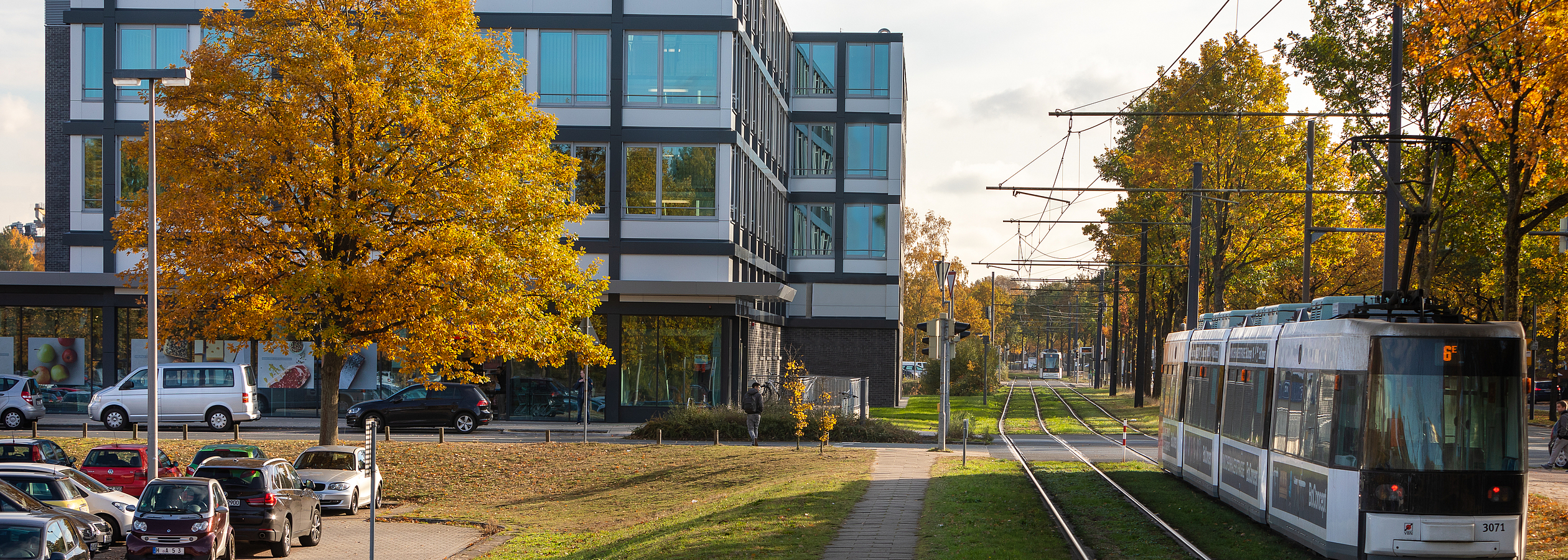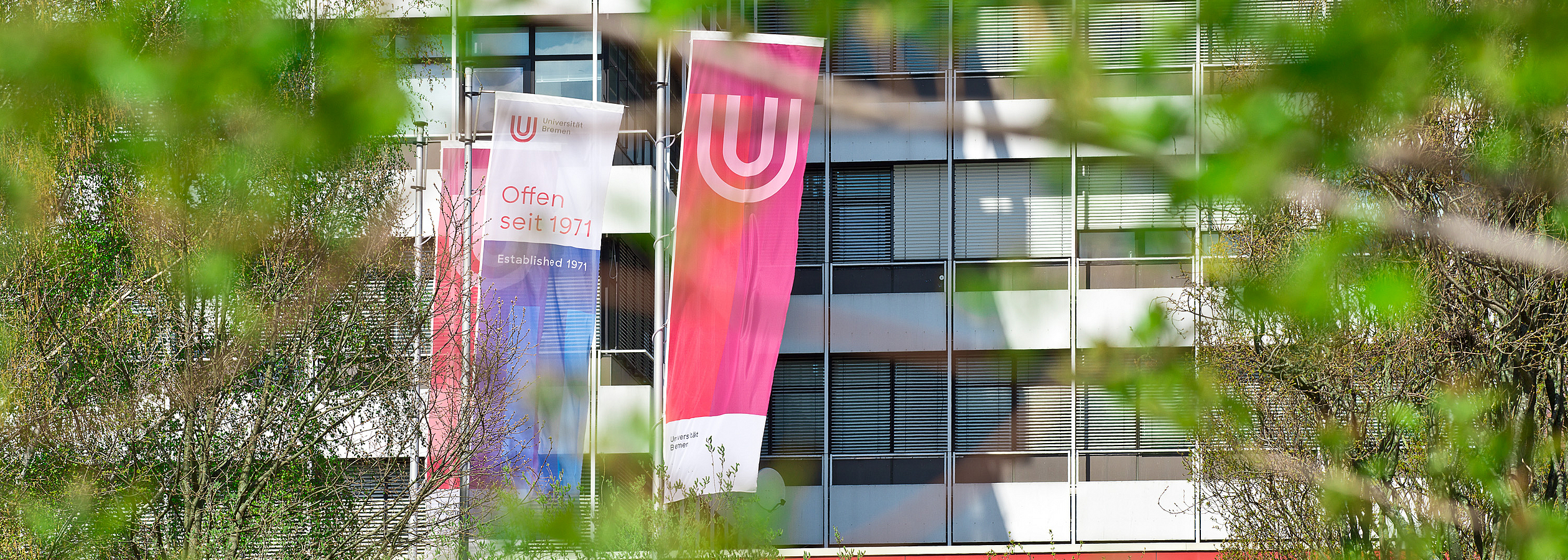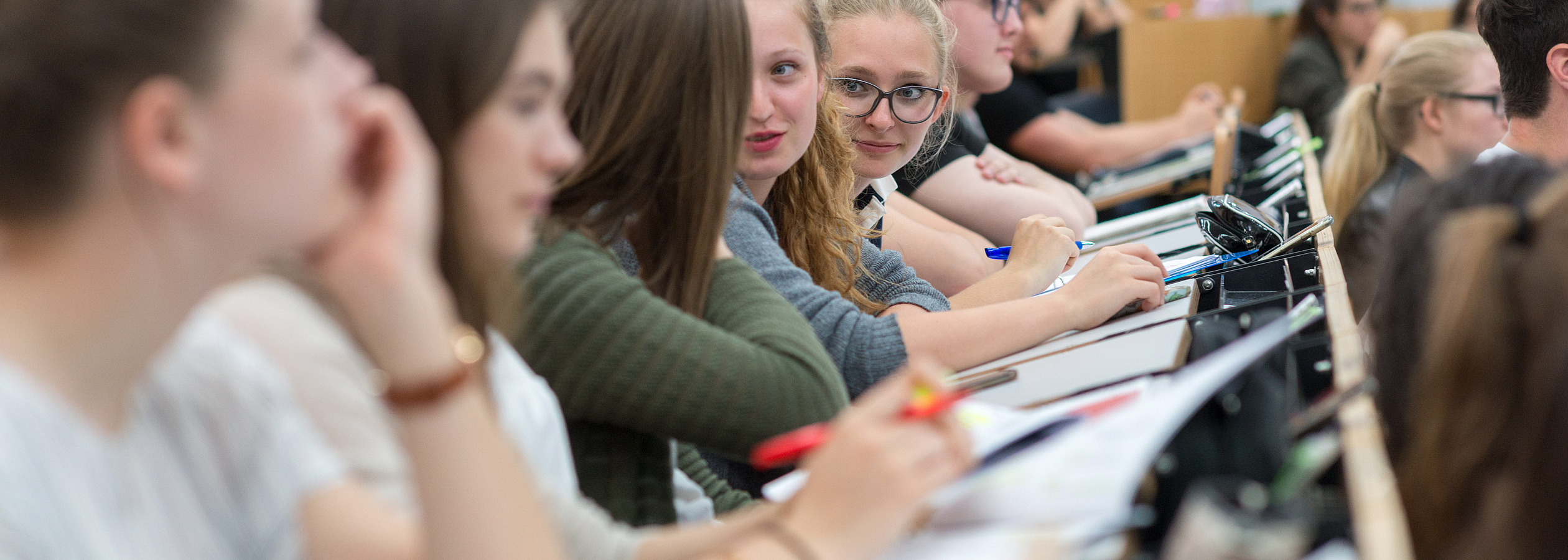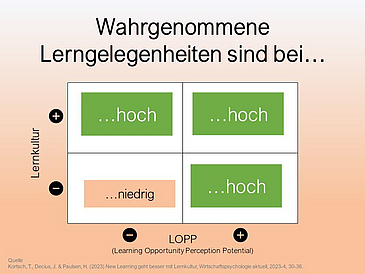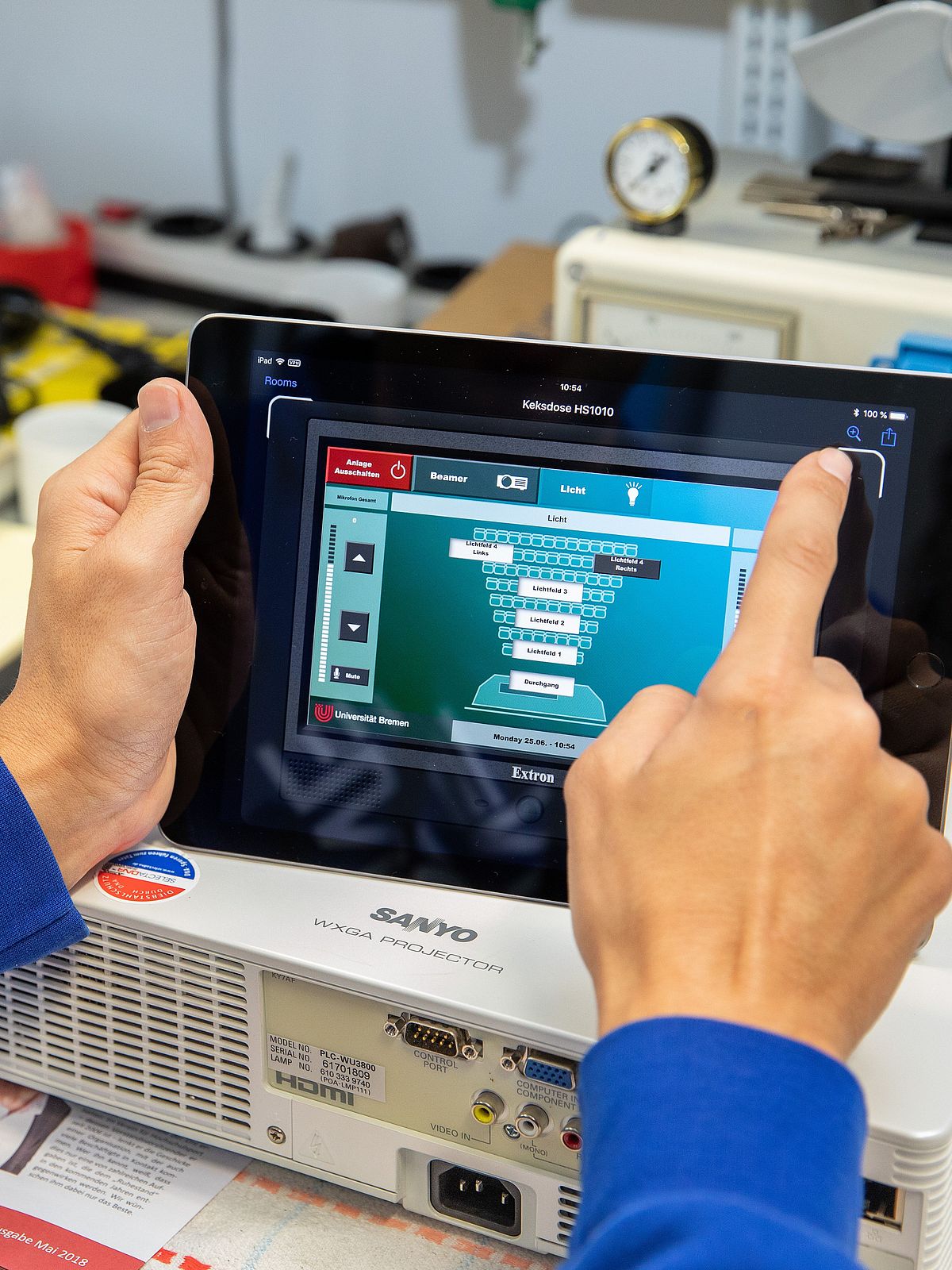In 2022, Dr. Julian Decius published a theoretical model of the New Learning process together with Prof. Dr. Timo Kortsch, Dr. Hilko Paulsen, and Prof. Dr. Anja Schmitz. First model assumptions have now been empirically supported and were published in an article in "Wirtschaftspsychologie aktuell" (Kortsch, Decius, & Paulsen, 2023).
The basic idea of the model is that certain prerequisites of the learners and the work environment are important for New Learning so that learning opportunities can be recognized and exploited. A survey of 129 employees at three measurement points revealed the expected relationships between the LOPP (Learning Opportunities Perception Potential) - a perception potential for learning opportunities - and perceived learning opportunities, which in turn are associated with learning intention. There was also a compensatory effect: on the one hand, a strong learning culture is conducive to learning for all learners (whether they have a high or low LOPP). On the other hand, it was shown that individuals with a high perception potential for learning opportunities can learn well even with a low learning culture. The most unfavorable combination is accordingly: low LOPP and a low learning culture. It is therefore best for companies to promote the learning culture and LOPP of their employees. The study results can be found here.

